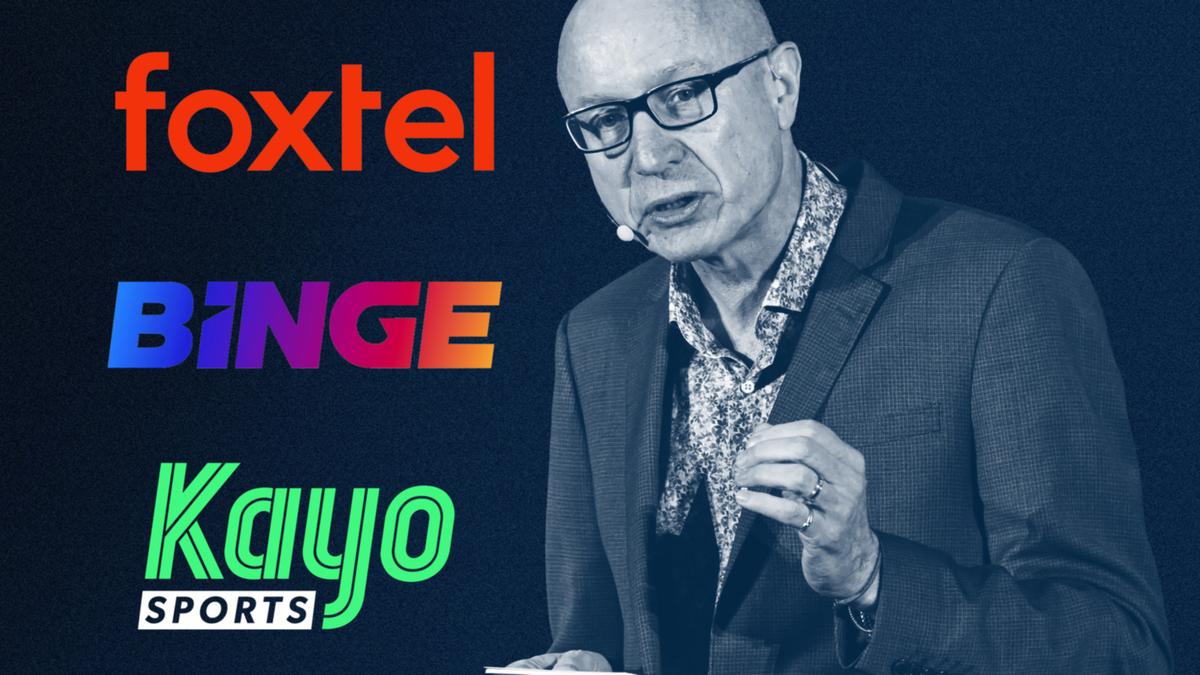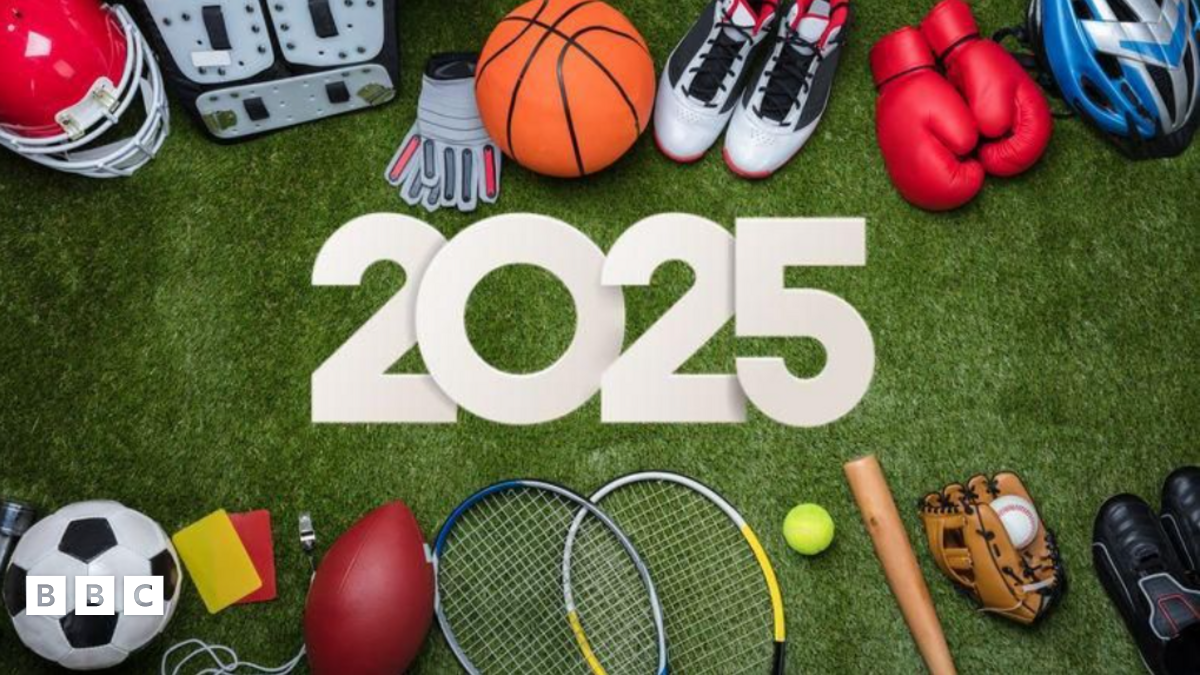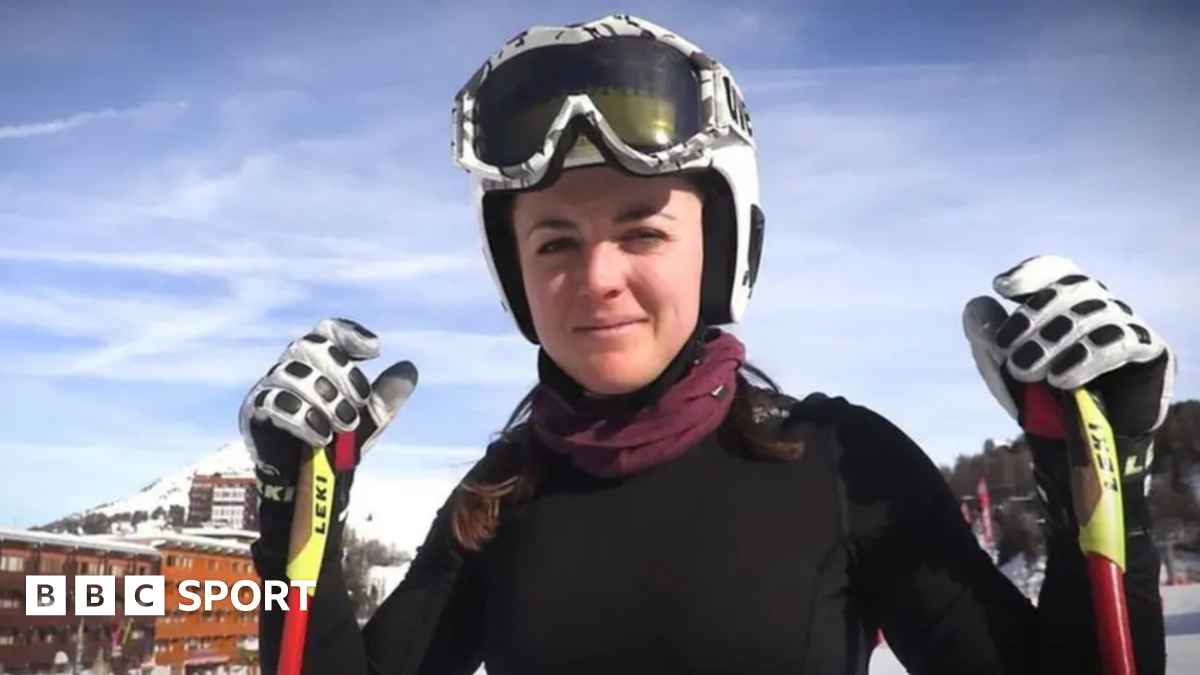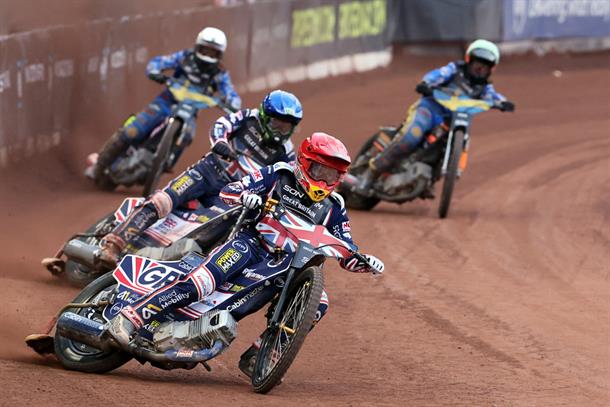One in three of Team GB in Olympics attended private secondary school – analysis

- by Admin
- July 24, 2024

A third of the Team GB squad for the Paris Olympics was educated at a private secondary school, an analysis has suggested.
The proportion of privately educated athletes in the Great Britain team has risen since the 2016 Olympics, according to the Good Schools Guide.
The analysis, which looked at the secondary schools attended by the 330 British athletes competing at this summer’s Olympic Games, also found that athletes educated at all-girls’ schools “feature disproportionately” in the team.
Nearly one in four (23%) of sportswomen competing as part of Team GB had attended a single-sex state or private school, according to the report.
Overall, 33% of Team GB attended a private secondary school, compared with around 7% of the UK population which is privately educated.
The Good Schools Guide carried out the same analysis of Team GB for the Rio Olympics in 2016 and found that 24% were educated in private schools.
Certain sports feature a greater proportion of privately educated athletes than others, the analysis of the British squad for the Paris Olympics suggests.
More than half (52%) of the rowing squad and 47% of the hockey squad were privately educated, while just 8% of the cycling squad attended private school.
The top three schools with the highest number of alumni competing for Great Britain at the Olympics this summer are all private schools – Plymouth College in Devon, Millfield School in Somerset and Whitgift School in South Croydon.
The analysis found that these three schools all have alumni at the Paris Games who received scholarships and bursaries to attend the private schools.
Grace Moody-Stuart, director of the Good Schools Guide education consultants, said: “State schools can be hamstrung by academic targets but private schools have the independence and resources to channel pupils in other directions, notably in this case, sport.”
She added: “It can hardly be a surprise that schools fortunate enough to have astro pitches, rowing clubs and 50-metre swimming pools are the ones delivering the nation’s Olympians.
“But facilities are only part of the story. These schools identify talent at an early age and offer places at considerable discounts, often for free, in the hope of helping realise that sporting potential.
“The best set-ups seamlessly interweave training and competitions with academic work, and pupils have at their disposal the collective experience and wisdom of seasoned coaches, not to mention onsite strength and conditioning teams, nutritionists and sports psychologists.”
Ms Moody-Stuart said: “Parents whose sporty children attend private school hand over some of the responsibility for early mornings, training, ferrying and feeding but for those who can afford it, or who are talented enough to win scholarships, the results are evidenced in the disproportionate number of privately educated sportsmen and women in this squad.”
The Latest News
-
December 23, 2024Christmas shopping from a more civilised age! As Britain is gripped by festive getaway chaos and a looming recession, how the country used to get its last-minute purchases done in style
-
December 23, 2024On board with the pilots doing one of Britain’s toughest jobs
-
December 23, 2024Christmas Travel LIVE: Traffic chaos on motorways while flights cancelled
-
December 23, 2024UK economy stagnates as GDP figures revised down
-
December 23, 2024Donald Trump taps ‘Apprentice’ producer as special envoy to UK





